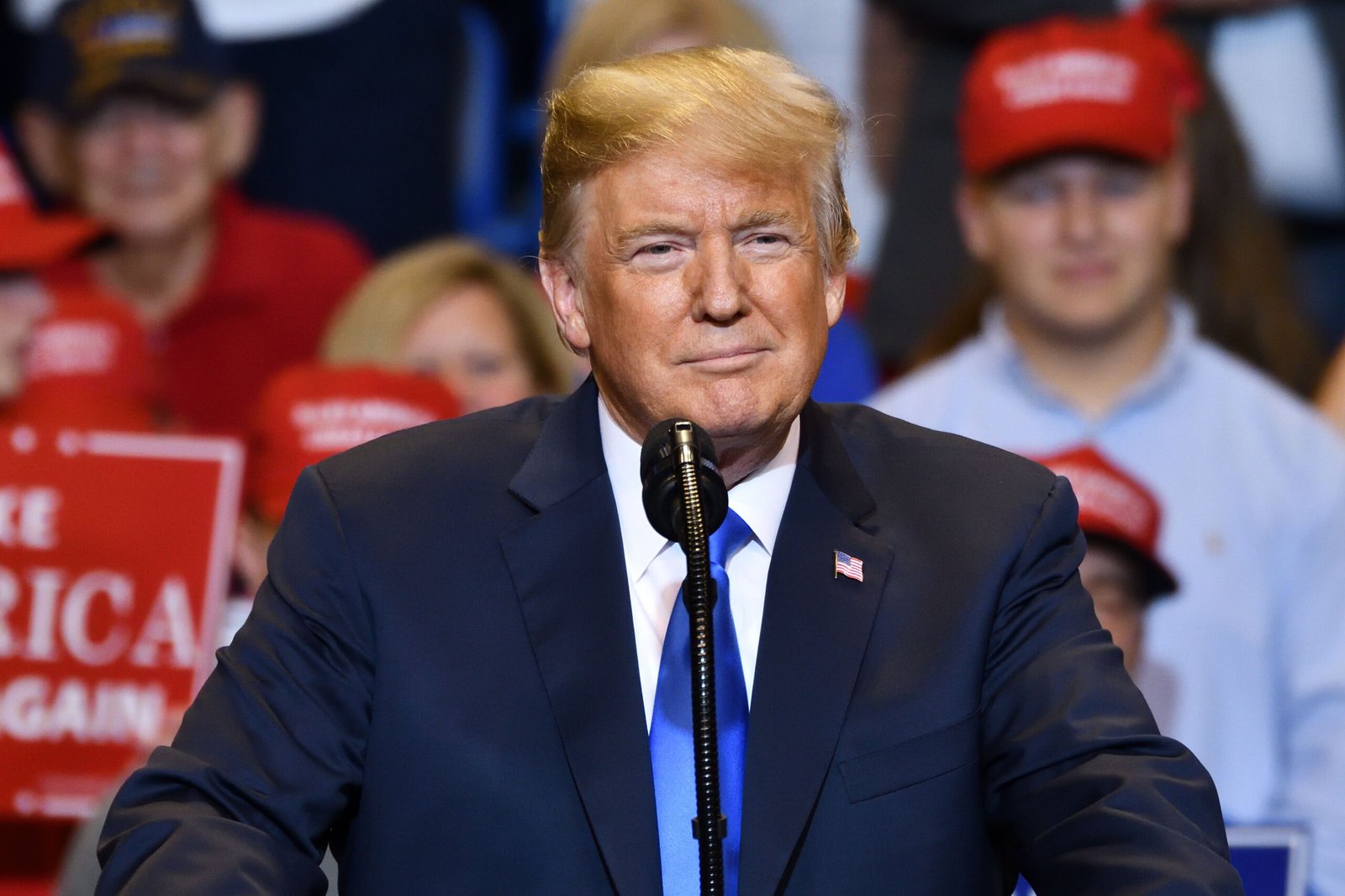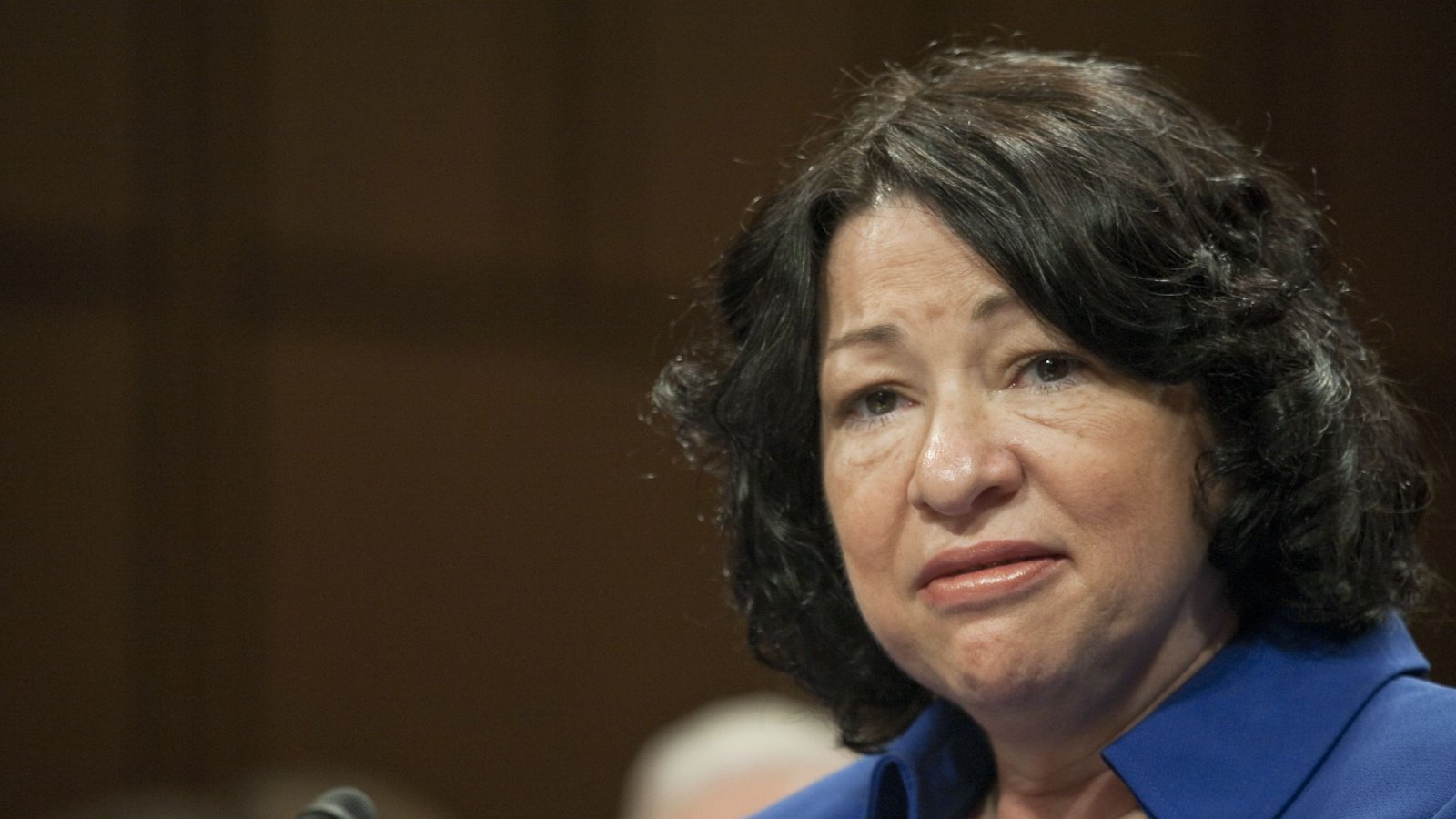Voters will have to wait longer to review former President Trump’s present financial situation, as the U.S. Federal Election Commission (FEC) granted him another extension to file the paperwork.
Initial Deadline and Extensions

The financial disclosures were originally to be filed on May 15. Trump was granted an extension that pushed the deadline back to July 1, and the FEC recently granted him an additional 45-day extension.
Reasons for Extension Request
The Trump legal team requested the extension due to the complexity of Trump’s financial holdings, especially in light of the court cases pending and a hundreds of million dollar bond posted by the President in past months.
FEC’s Formal Response

The FEC responded formally with a letter stating, “A hard copy of the report bearing Mr. Trump’s original signature is now due and should be received by the Federal Election Commission by August 15, 2024.”
Public Curiosity and Legal Proceedings
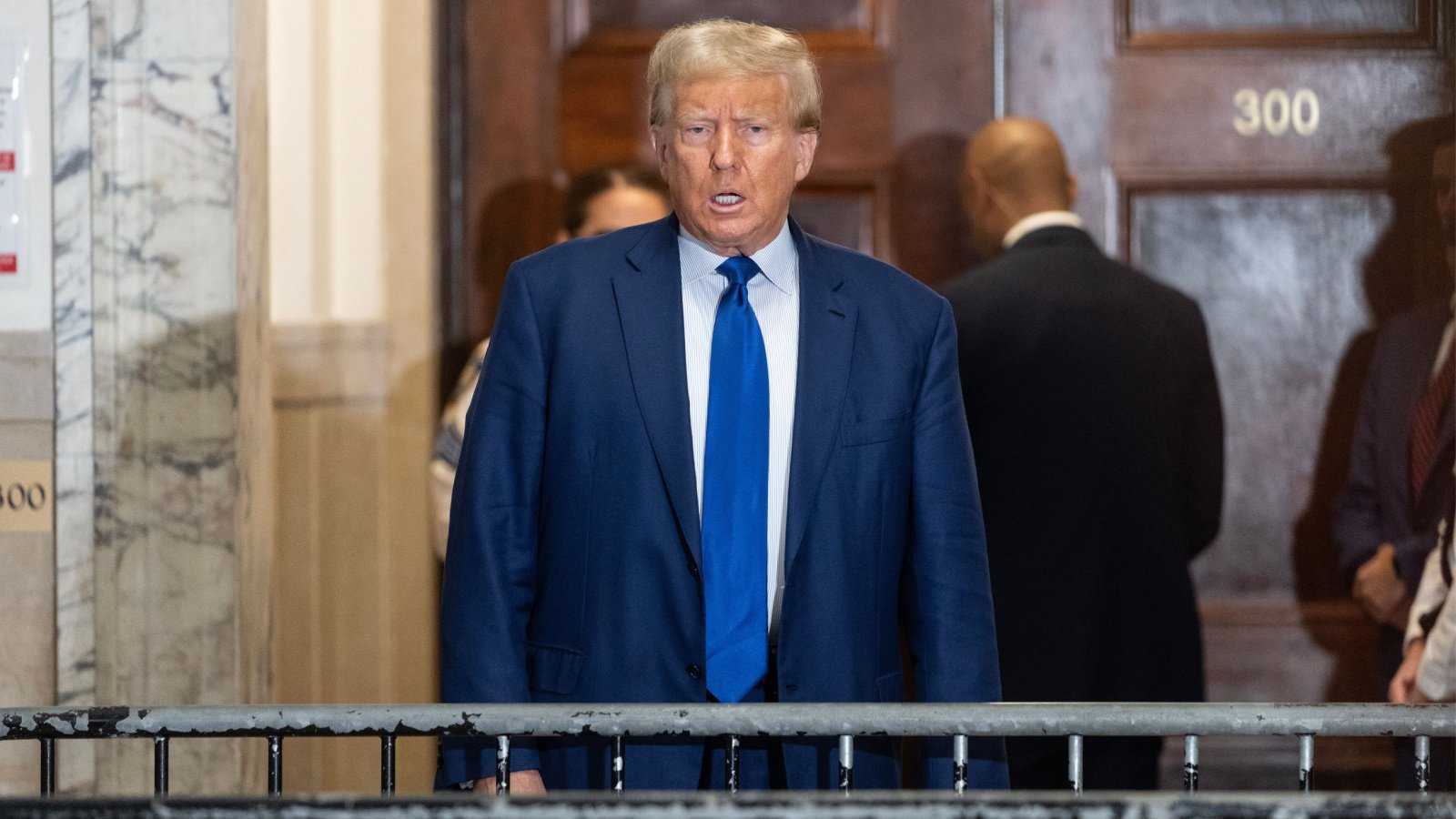
Public curiosity about Trump’s personal finances is at an all-time high following the highly publicized trial in which Trump was found guilty of falsifying business records in a New York civil fraud trial.
Public and Media Interest

Trump’s wealth remains an enigma to many, and reporters, political interests, media, and the public alike are eager to analyze his financial statements.
2016 Presidential Campaign Financial Disclosures

During the 2016 Presidential campaign, Trump filed the required disclosures with the FEC.
Lack of Tax Return Disclosure

However, the required documents do not include income tax returns, which Trump chose not to release then.
Customary Tax Return Disclosure

Although not required, it is customary for Presidential Candidates to submit their tax returns to public scrutiny. Due to his reticence, many legal and public efforts were made to obtain the filings, and rumors spread about the amount that Trump did—or did not—pay to the federal treasury.
Publication of Tax Returns in 2020

In 2020, the New York Times obtained and published Trump’s tax returns just before the Presidential election. The tax returns revealed that Trump had paid little to no federal income tax during many of the years evaluated by the New York Times, including only $750 in federal income taxes in 2016 and 2017.
Significant Business Losses Revealed
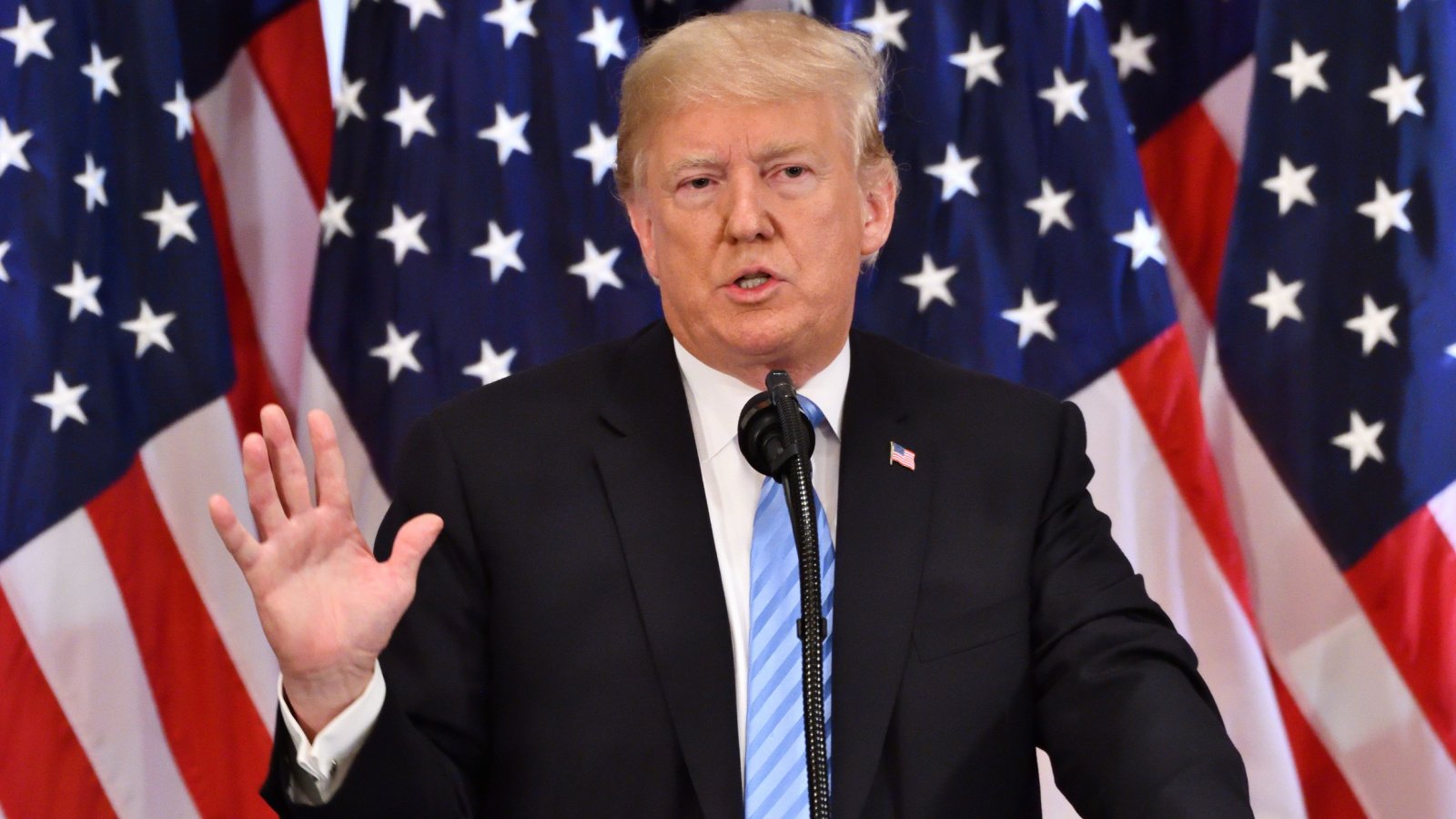
The tax return also showed significant business losses in many of the years reviewed, piquing the interest of the public and political watchers who were concerned that Trump would not be the successful businessman he represented himself to be.
Post-Presidency Financial Disclosures
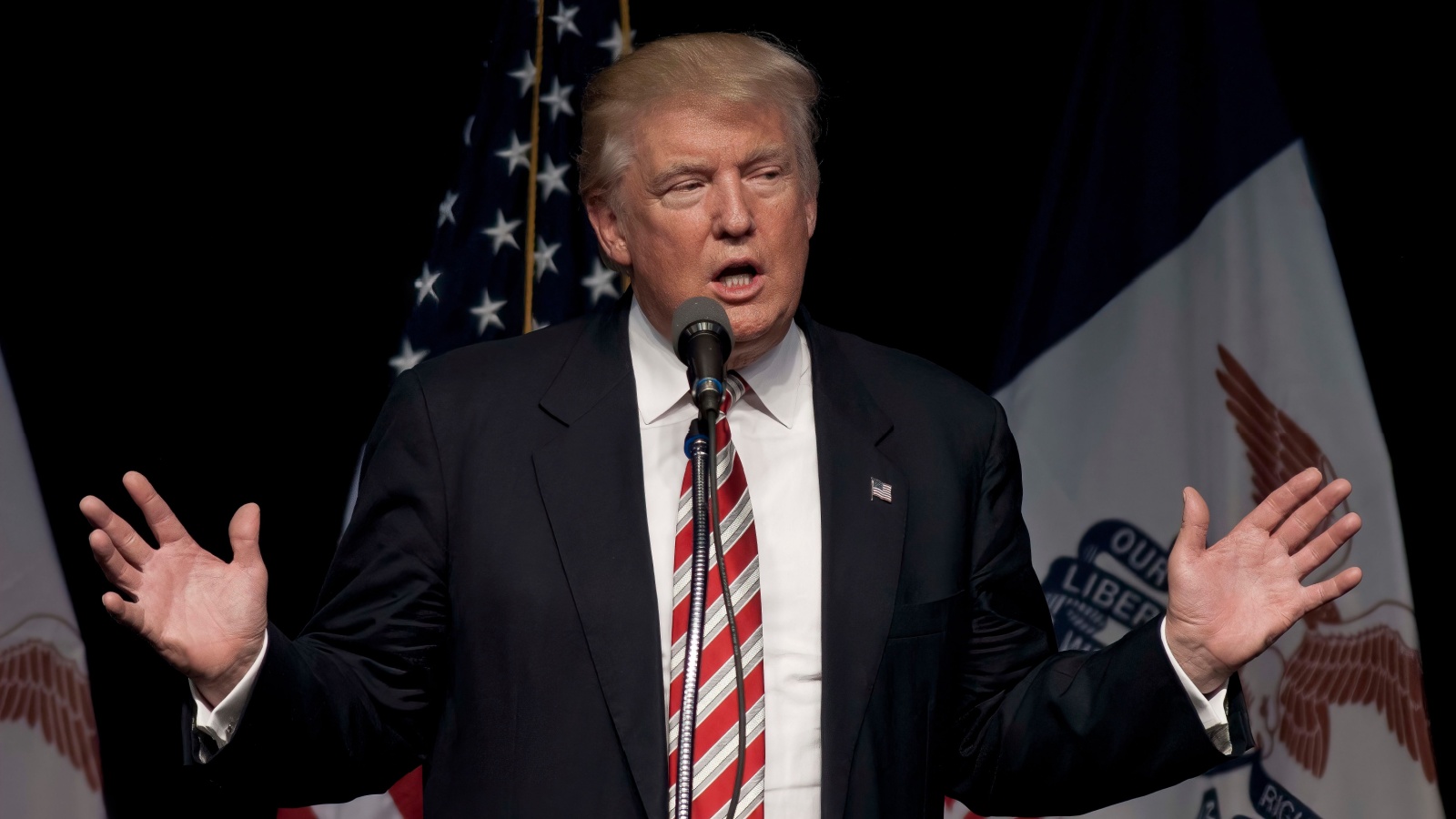
After leaving office in 2021, Trump continued to file his financial disclosures as required. These disclosures provide updated information on income, assets, and business interests and liabilities. These entries draw considerable interest from watchdog groups following potential conflicts of interest between Trump’s political and business interests, especially the real estate and hospitality businesses.
Investigations and Legal Outcomes

Several investigations have been conducted regarding Trump’s finances, as disclosed in required filings and reported by the New York Times.
New York Civil Fraud Case
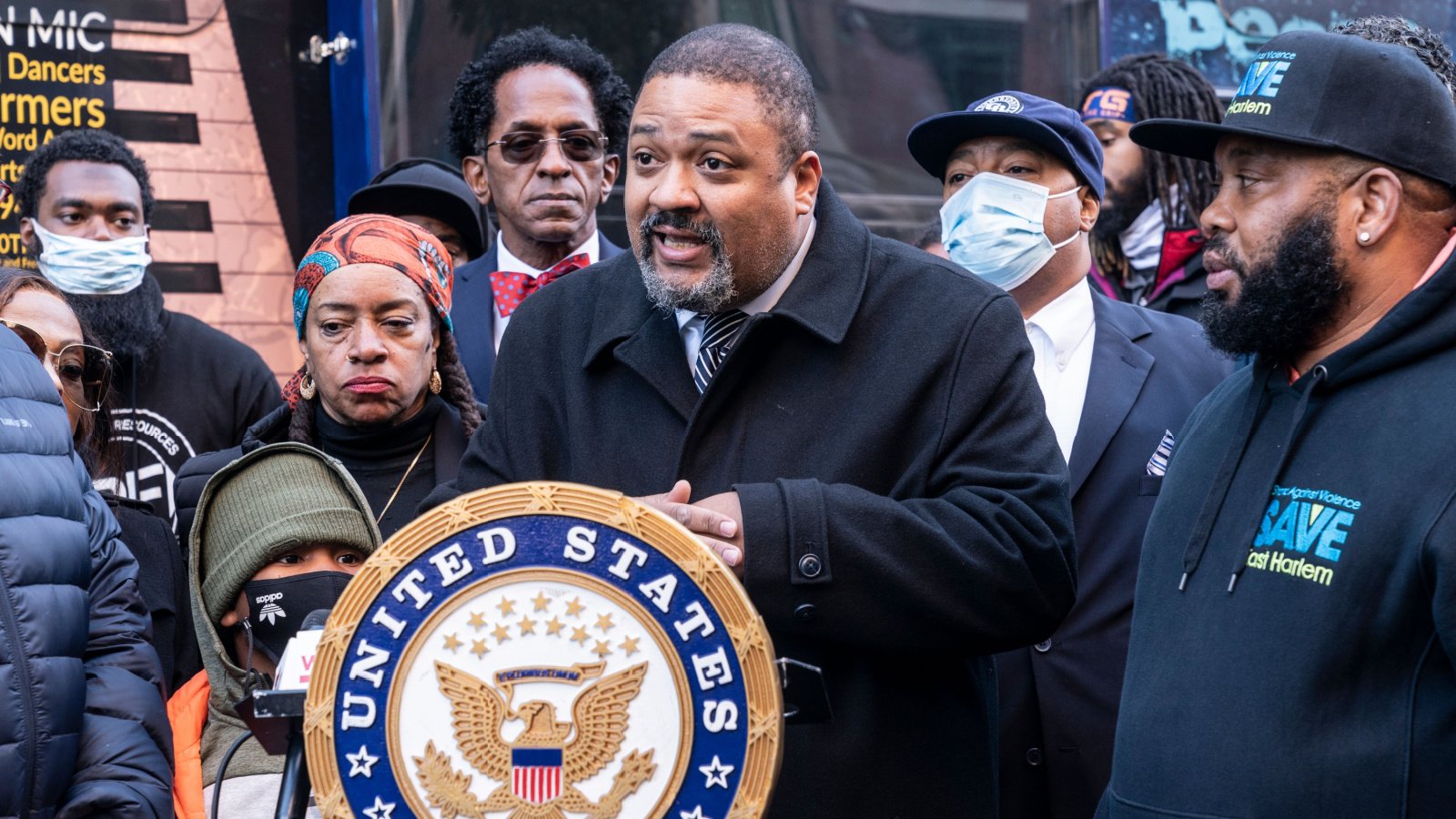
The New York Attorney General and Manhattan District Attorney succeeded in prosecuting Trump for civil fraud on allegations of fraudulent business practices, and Trump was ordered to pay a bond of $355 million plus interest. Trump told the court, “I have a lot of cash.” The public is eager to see the resulting financial records from recent years, but now they will have to wait until August.



